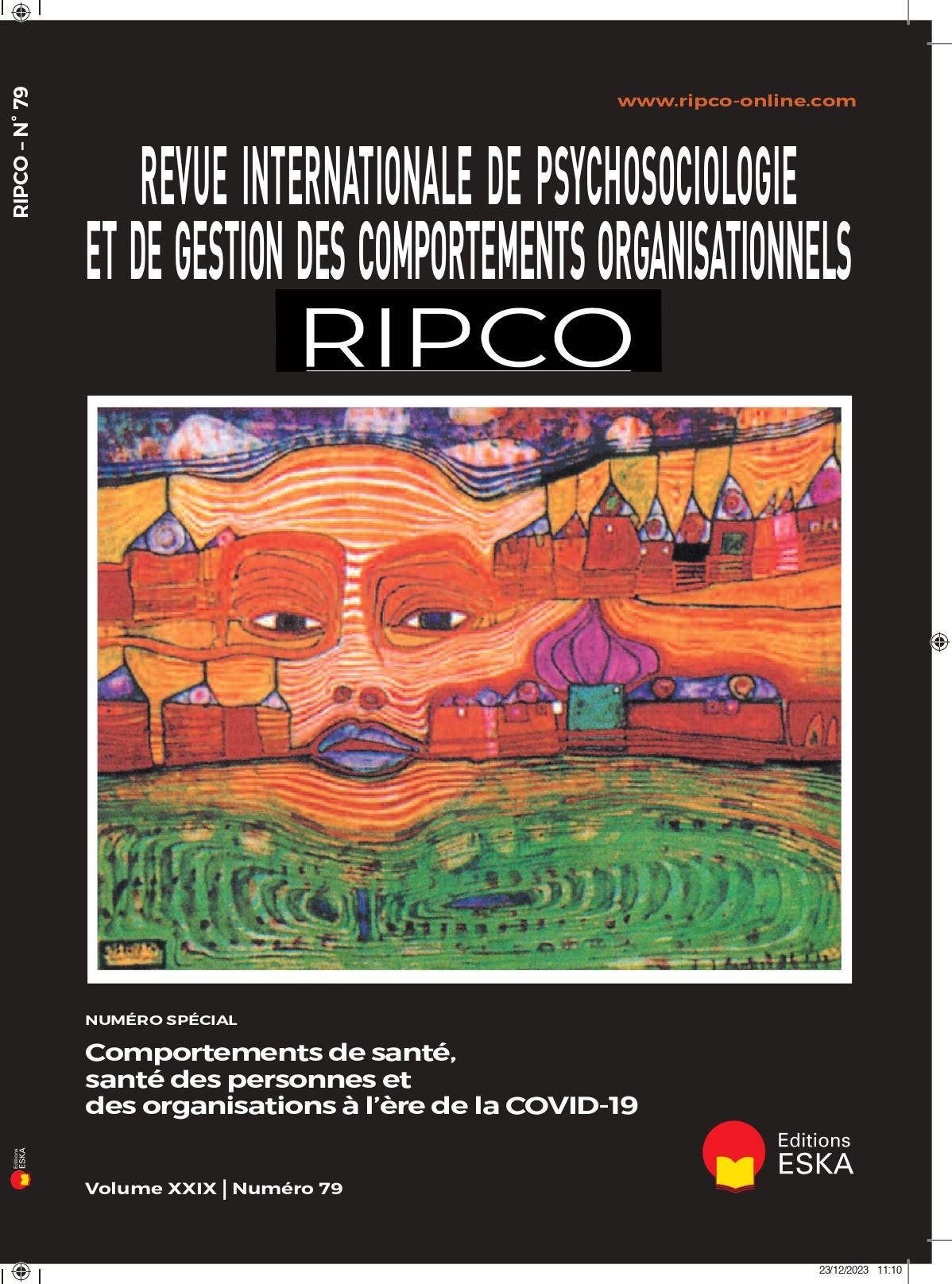TELEWORKING AS A FACTOR OF RESILIENCE; SOME LESSONS FROM THIS COVID CRISIS
Keywords:
Teleworking, Preventive Resilience, Reactive Resilience, Curative Resilience, CovidAbstract
Our objective is to better understand the role of teleworking in resilience during the Covid-19 health crisis. Aligned with the exploration of new digital practices, this research delves into the dynamic of resilience. We will particularly focus on commitment as a key aspect. To achieve this, we analyse the results of five online surveys conducted between March 2020 and February 2021. The corpus results from the compilation of five different sources: written reports in March 2020, a narrative survey in April 2020, a quantitative survey in May 2020, a second narrative survey in December 2020, and finally, three focus groups in February 2021. Consequently, the transcriptions of the speeches from 1,299 managers and specialists are studied using Textual Data Analysis methods. We initially explore the connections among teleworking, optimism, and resilience, followed by an analysis of various forms of commitment. Finally, we delve into the dynamics of resilience. Our findings indicate that the impact of teleworking varies based on whether resilience is considered individual or collective. Furthermore, it varies across time and in relation to the resilience process, which we propose to categorize into three phases: preventive resilience (before the disaster), reactive resilience (during the disaster), and curative resilience (after the disaster). We leverage the insights from the resilience study to discuss implications for the advancement of teleworking as a digital tool and practice. Our results also bring attention to limitations, providing opportunities for future research.


